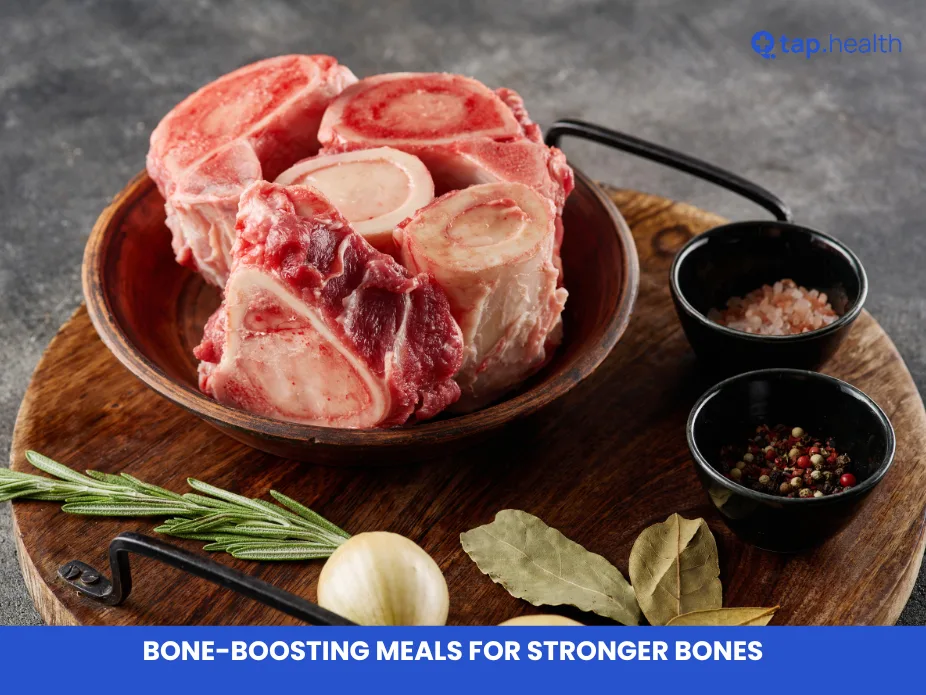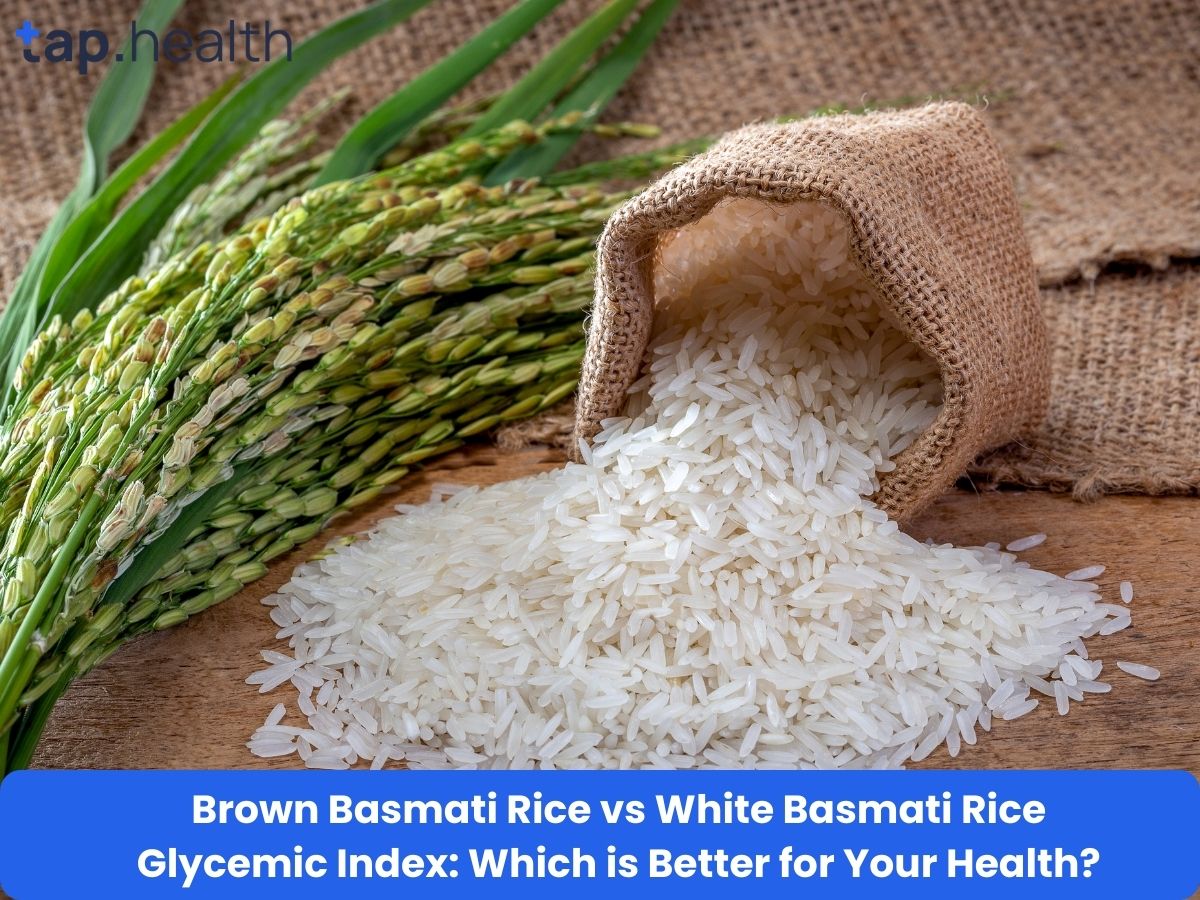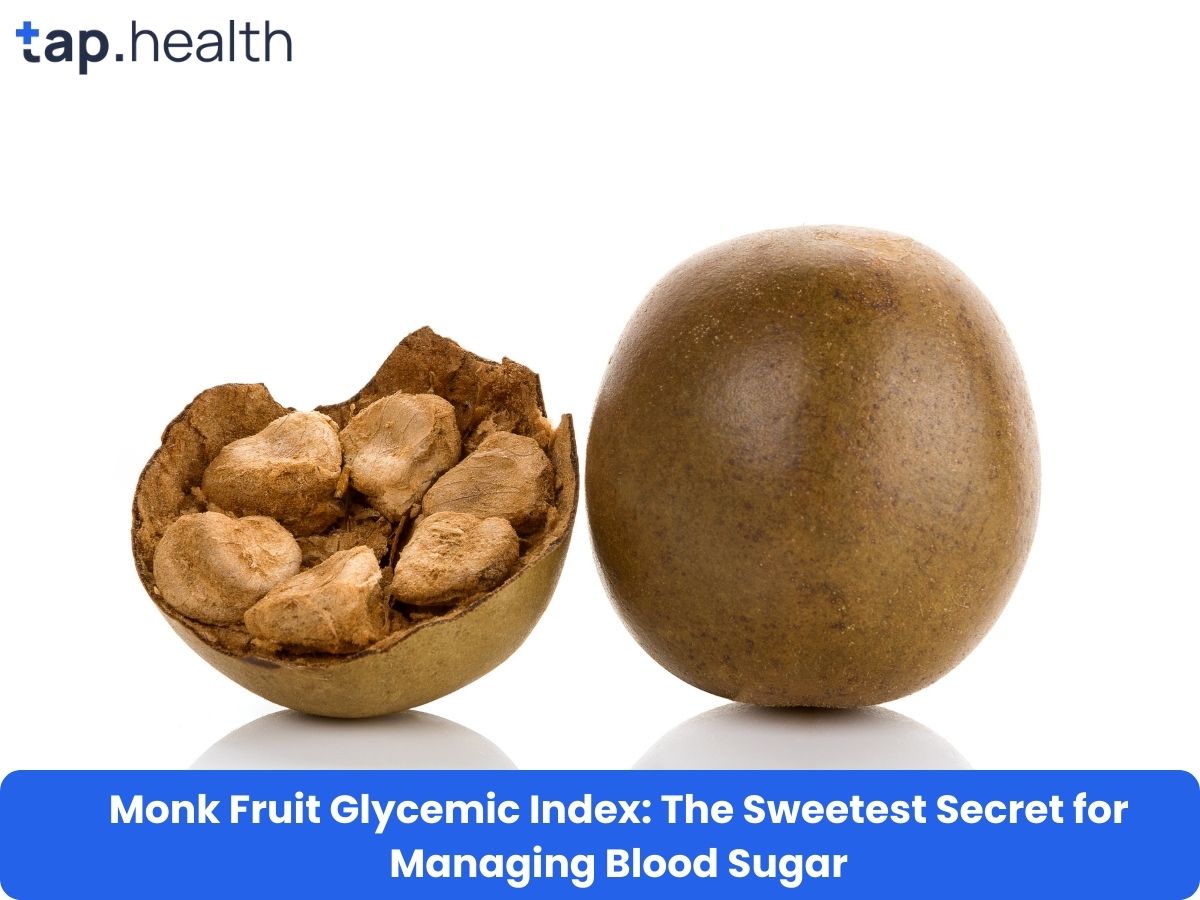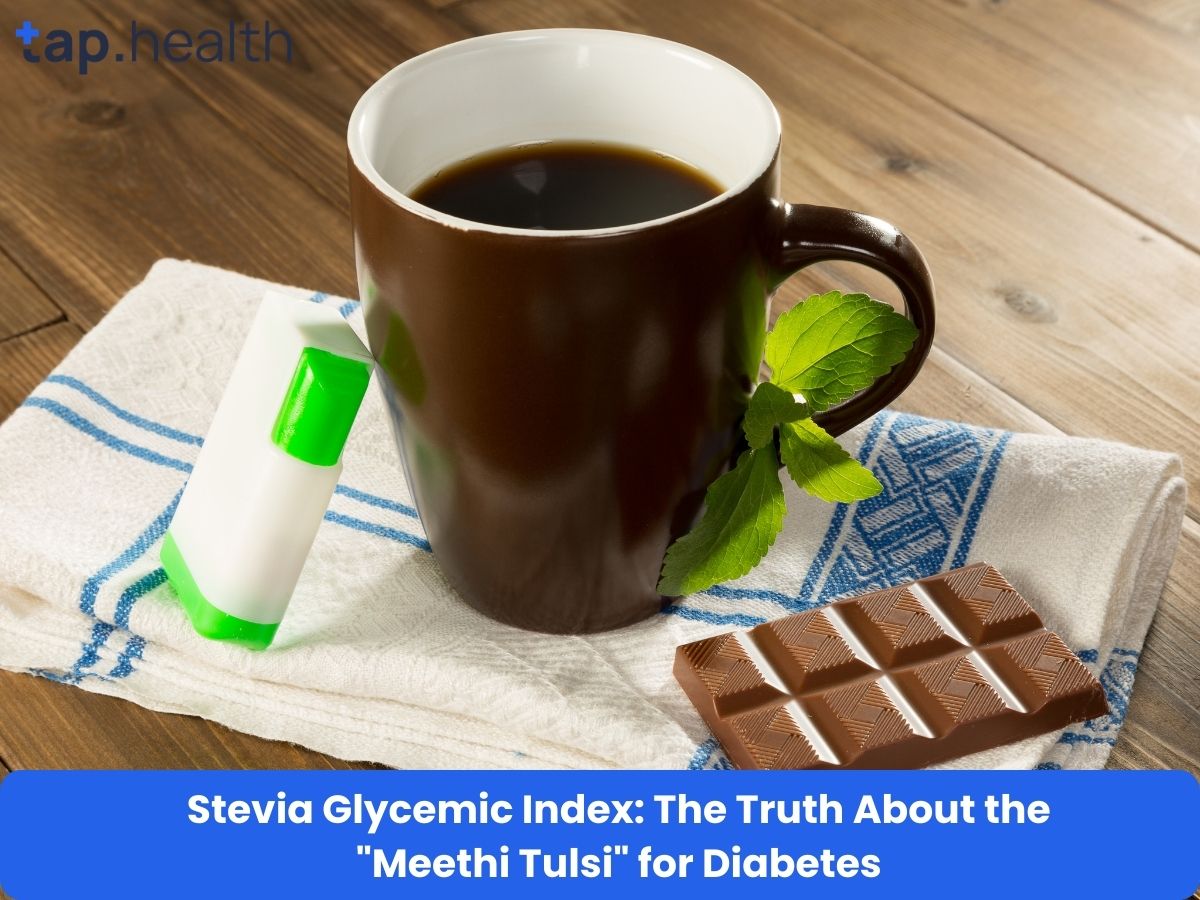Everyone wants strong and healthy bones to support an active lifestyle and prevent conditions like osteoporosis. While exercise and lifestyle choices play a significant role, what you eat is equally important for bone health. Incorporating bone-boosting meals for stronger bones into your diet can provide the essential nutrients your bones need to stay strong and resilient. In this blog, we’ll explore delicious and nutritious meals that support bone health, share real-life scenarios, expert insights, and provide easy-to-follow recommendations backed by research. Let’s get started!
Why Your Diet Matters for Bone Health
Bones are living tissues that constantly break down and rebuild themselves. To maintain this process, your body needs a steady supply of nutrients. A balanced diet rich in calcium, vitamin D, magnesium, and other essential nutrients can help build and maintain strong bones, reduce the risk of fractures, and prevent bone-related diseases.
Key Nutrients for Strong Bones
- Calcium: The primary mineral in bones, essential for bone strength and structure.
- Vitamin D: Helps the body absorb calcium and supports bone growth.
- Magnesium: Works with calcium to maintain bone density.
- Vitamin K: Important for bone mineralization and reducing the risk of fractures.
- Protein: Essential for bone matrix development and repair.
- Phosphorus: Works with calcium to build strong bones and teeth.
- Potassium: Helps neutralize bone-depleting acids in the body.
Top Foods to Include in Your Diet for Stronger Bones
1. Dairy Products
Dairy products like milk, cheese, and yogurt are excellent sources of calcium and vitamin D. These nutrients work together to enhance bone density and reduce the risk of fractures.
Real-Life Scenario:
John, a 50-year-old office worker, was diagnosed with low bone density. After increasing his intake of dairy products and incorporating them into his daily meals, he saw significant improvements in his bone density within a year.
2. Leafy Green Vegetables
Vegetables such as kale, spinach, and broccoli are rich in calcium, magnesium, and vitamin K. These nutrients are crucial for maintaining bone strength and preventing bone loss.
3. Fatty Fish
Fatty fish like salmon, mackerel, and sardines are high in vitamin D and omega-3 fatty acids. Vitamin D is essential for calcium absorption, while omega-3s help reduce inflammation and support bone health.
4. Nuts and Seeds
Almonds, chia seeds, and flaxseeds are great sources of magnesium and healthy fats. Magnesium helps in the formation of bone crystals, enhancing bone density and strength.
5. Fortified Foods
Many foods are fortified with calcium and vitamin D, including certain cereals, plant-based milks, and orange juice. These fortified options can help you meet your daily nutrient requirements for bone health.
6. Tofu and Soy Products
Tofu and soy products are excellent sources of calcium and protein, making them ideal for building and maintaining strong bones, especially for those who follow a vegetarian or vegan diet.
7. Beans and Lentils
Beans and lentils provide a good amount of magnesium, calcium, and protein. They contribute to bone strength by supporting the bone remodeling process.
8. Eggs
Eggs are a great source of vitamin D, which is vital for calcium absorption and bone health. Including eggs in your diet can help maintain strong and healthy bones.
9. Whole Grains
Whole grains like brown rice, quinoa, and whole wheat are rich in magnesium and phosphorus. These minerals work with calcium to build and maintain bone structure.
10. Fruits
Fruits such as oranges, bananas, and figs provide potassium and vitamin C, which help in bone formation and maintenance. Vitamin C also aids in collagen production, essential for bone matrix.
Expert Contributions
Dr. Sarah Mitchell, a nutritionist at the Bone Health Institute, emphasizes the importance of a balanced diet for maintaining bone health. She states, “A diet rich in calcium, vitamin D, and other essential nutrients is fundamental for building and maintaining strong bones. Incorporating a variety of nutrient-dense foods can significantly reduce the risk of bone-related diseases” Bone Health Institute.
Recommendations Grounded in Proven Research and Facts
Incorporate a Variety of Calcium-Rich Foods
Calcium is the cornerstone of bone health. Ensure your diet includes a variety of calcium-rich foods such as dairy products, leafy greens, and fortified foods to meet your daily calcium needs.
Get Enough Vitamin D
Vitamin D is crucial for calcium absorption. Spend some time in sunlight, include fatty fish in your diet, and consider fortified foods or supplements if necessary to maintain adequate vitamin D levels.
Include Magnesium and Vitamin K
Magnesium and vitamin K play significant roles in bone health. Incorporate nuts, seeds, leafy greens, and whole grains to ensure you’re getting enough of these essential nutrients.
Balance Protein Intake
Adequate protein intake is important for bone health, but it’s essential to balance it with calcium and other minerals. Include both animal and plant-based protein sources in your diet.
Stay Active
While not directly related to diet, regular weight-bearing exercises help in maintaining bone density and strength. Combine a healthy diet with an active lifestyle for optimal bone health.
Real-Life Scenarios
Case Study 1: Emily’s Bone Health Transformation
Emily, a 45-year-old teacher, was concerned about her declining bone density. After consulting with a nutritionist, she revamped her diet to include more dairy products, leafy greens, and fortified foods. She also started taking vitamin D supplements as recommended. Within a year, her bone density improved, and her risk of fractures decreased significantly.
Case Study 2: Michael’s Stronger Bones Journey
Michael, a 60-year-old retiree, wanted to prevent osteoporosis. He started incorporating bone-boosting foods like salmon, almonds, and tofu into his meals. Additionally, he engaged in regular weight-bearing exercises. As a result, Michael maintained strong and healthy bones well into his senior years.
Factual and Reliable Information
Research consistently supports the link between diet and bone health. A study published in the Journal of Bone and Mineral Research found that higher intake of calcium and vitamin D is associated with increased bone density and reduced risk of fractures Journal of Bone and Mineral Research.
Another study in Nutrients highlighted the role of magnesium and vitamin K in bone health, emphasizing the importance of a balanced diet rich in these nutrients Nutrients Journal.
Easy and Delicious Bone-Healthy Meal Ideas
Breakfast: Greek Yogurt with Berries and Nuts
Ingredients:
- 1 cup Greek yogurt
- 1/2 cup mixed berries (strawberries, blueberries, raspberries)
- 2 tablespoons almonds or walnuts
- 1 tablespoon honey
- 1 tablespoon chia seeds
Instructions:
- In a bowl, add Greek yogurt.
- Top with mixed berries and nuts.
- Drizzle with honey.
- Sprinkle chia seeds on top.
- Enjoy a protein-packed and calcium-rich start to your day!
Lunch: Spinach and Tofu Salad
Ingredients:
- 2 cups fresh spinach
- 1/2 cup tofu, cubed and grilled
- 1/4 cup cherry tomatoes, halved
- 1/4 cup shredded carrots
- 2 tablespoons sunflower seeds
- 2 tablespoons olive oil
- 1 tablespoon balsamic vinegar
- Salt and pepper to taste
Instructions:
- In a large bowl, combine spinach, cherry tomatoes, and shredded carrots.
- Add grilled tofu and sunflower seeds.
- Drizzle with olive oil and balsamic vinegar.
- Season with salt and pepper.
- Toss gently and serve for a nutrient-dense lunch!
Dinner: Baked Salmon with Quinoa and Broccoli
Ingredients:
- 2 salmon fillets
- 1 cup quinoa, cooked
- 2 cups broccoli florets
- 2 tablespoons olive oil
- 1 lemon, sliced
- 2 cloves garlic, minced
- Salt and pepper to taste
Instructions:
- Preheat oven to 400°F (200°C).
- Place salmon fillets on a baking sheet. Drizzle with olive oil, and sprinkle with minced garlic, salt, and pepper. Top with lemon slices.
- Bake for 15-20 minutes or until salmon is cooked through.
- Steam broccoli until tender.
- Serve salmon with quinoa and steamed broccoli for a balanced and bone-healthy dinner.
Snack: Calcium-Rich Smoothie
Ingredients:
- 1 cup fortified almond milk
- 1 banana
- 1/2 cup kale leaves
- 1/2 cup Greek yogurt
- 1 tablespoon almond butter
- 1 teaspoon honey (optional)
Instructions:
- Combine all ingredients in a blender.
- Blend until smooth.
- Pour into a glass and enjoy a calcium-packed snack!
Dessert: Fortified Oatmeal Cookies
Ingredients:
- 1 cup rolled oats
- 1/2 cup whole wheat flour
- 1/2 cup brown sugar
- 1/2 cup fortified plant-based milk
- 1/4 cup melted coconut oil
- 1 teaspoon vanilla extract
- 1/2 teaspoon baking soda
- 1/2 teaspoon cinnamon
- 1/4 cup raisins or dark chocolate chips
Instructions:
- Preheat oven to 350°F (175°C). Line a baking sheet with parchment paper.
- In a bowl
, mix rolled oats, whole wheat flour, brown sugar, baking soda, and cinnamon. 3. In another bowl, combine melted coconut oil, fortified plant-based milk, and vanilla extract. 4. Pour the wet ingredients into the dry ingredients and mix well. 5. Fold in raisins or dark chocolate chips. 6. Scoop spoonfuls of dough onto the prepared baking sheet. 7. Bake for 10-12 minutes or until golden brown. 8. Let cool before enjoying your bone-boosting treat!
Frequently Asked Questions (FAQ) on Bone-Boosting Meals for Stronger Bones
1. What are the best foods for stronger bones?
Answer:
Foods rich in calcium, vitamin D, magnesium, vitamin K, and protein are excellent for stronger bones. Examples include dairy products, leafy green vegetables, fatty fish, nuts, seeds, tofu, and fortified foods.
2. Can diet alone prevent osteoporosis?
Answer:
While a balanced diet rich in essential nutrients can significantly reduce the risk of osteoporosis, combining it with regular weight-bearing exercises and a healthy lifestyle is most effective in preventing the condition.
3. How much calcium do I need daily for bone health?
Answer:
The recommended daily intake of calcium varies by age and gender, but generally, adults should aim for 1,000 mg per day. Women over 50 and men over 70 may need up to 1,200 mg daily. Consult with a healthcare provider for personalized recommendations.
4. Are there any side effects of consuming too much calcium?
Answer:
Excessive calcium intake can lead to kidney stones, constipation, and impaired absorption of other minerals. It’s important to balance calcium intake with other nutrients and consult with a healthcare provider before taking supplements.
5. How long does it take to see improvements in bone health from dietary changes?
Answer:
Bone remodeling is a slow process, so it may take several months to a year to see significant improvements in bone density and strength from dietary changes. Consistency and a balanced diet are key to long-term bone health.
Conclusion
Achieving stronger and healthier bones doesn’t have to be complicated. By incorporating bone-boosting meals for stronger bones into your daily diet, you can provide your body with the essential nutrients it needs to maintain bone density and prevent bone-related diseases. Focus on a balanced diet rich in calcium, vitamin D, magnesium, vitamin K, and protein, stay active with weight-bearing exercises, and maintain a healthy lifestyle. Remember, strong bones start with what you eat!
For more tips on maintaining bone health through diet, check out these bone health resources.
References:



